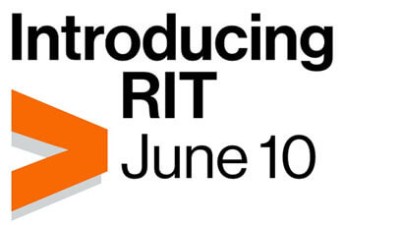Math Modeling Seminar - Real-time Data Fusion to Guide Disease Forecasting Models
Real-time Data Fusion to Guide Disease Forecasting Models
Dr. Sara Del Valle
Senior Scientist
Los Alamos National Laboratory
Zoom Registration Link
Abstract:
Globalization has created complex problems that can no longer be adequately understood and mitigated using traditional data analysis techniques and data sources. As such, there is a need for the integration of nontraditional data streams and approaches such as social media and machine learning to address these new challenges. In this talk, I will discuss how our team is applying approaches from the weather forecasting community including data collection, assimilating heterogeneous data streams into models, and quantifying uncertainty to forecast infectious diseases. In addition, I will demonstrate that although epidemic forecasting is still in its infancy, it’s a growing field with great potential and mathematical modeling will play a key role in making this happen.
Speaker Bio:
Dr. Sara Del Valle is a scientist and Deputy Group leader for the Information Systems and Modeling Group at Los Alamos National Laboratory, where she works on the development of mathematical and computational models for infectious diseases. She received her B.S./M.S. in Applied Mathematics from the New Jersey Institute of Technology in 2000/2001 and her Ph.D. in Applied Mathematics and Computational Sciences from the University of Iowa in 2005. Her research focuses on using mathematical and computational models to improve our understanding of human behavior and the spread of infectious diseases. She has developed epidemiological models for many diseases including smallpox, anthrax, HIV, pertussis, MERS-CoV, malaria, dengue, influenza, Ebola, zika, chikungunya, and COVID-19. She has also worked on investigating the role of Internet data streams on monitoring emergent behavior during outbreaks and forecasting infectious diseases. Most recently, her team is investigating the role of large-scale data analytics such as satellite imagery, Internet data, climate, and census data on detecting, monitoring, and forecasting infectious diseases.
Intended Audience:
Undergraduates, graduates, and experts. Those with interest in the topic.
The Math Modeling Seminar will recur each week throughout the semester on the same day and time. Find out more about upcoming speakers on the Mathematical Modeling Seminar Series webpage.
Event Snapshot
When and Where
Who
Open to the Public
Interpreter Requested?
No








